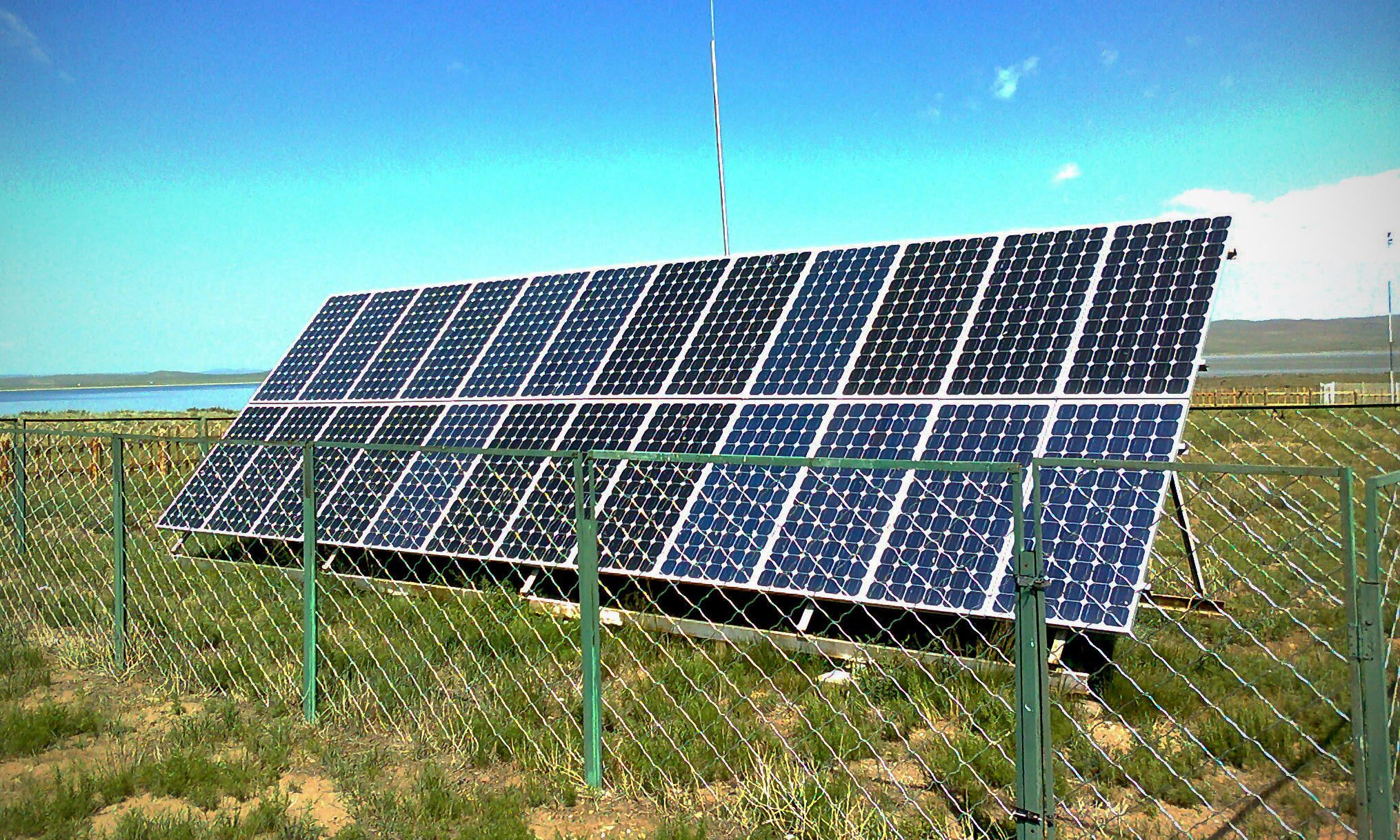With winter on the way, there is no better time for Gusties to recognize the power of weather and increase their awareness of the environment. Before the negative temperatures of traditional Minnesota winters begin, tours were given at Gustavus last Thursday that [highlighted the solar panels].
The tours were given by physics professor Charles Niederriter and explored multiple locations on campus with solar panels, including Olin, Beck, the Campus Center, and Lund.
According to Niederriter, the solar panels are created by different manufacturers and vary in their levels of efficiency.
Additionally, Gustavus employs two types of solar energies, thermal and electric.
Senior Alexander Nadeau, an environmental studies and geography double major, explained, “Both use energy from the sun, but solar electric turns it into electricity and solar thermal uses heating tubes…to heat water.”
“Right now, Macalester and St. Olaf are leading in Minnesota with their solar power and renewable energies, we want to get Gustavus up in that area as well.”
— Courtney Potter
According to Niederriter, the solar panel tours event was initiated by alum Megan Spear, 2015, an employee of Environment Minnesota, and Junior Courtney Potter, a management and psychological studies double major.
The state as a whole relies very little on solar energy.
“In Minnesota, we have less than 1% of our energy coming from solar,” Potter said. “We are hoping to get students to sign on as a support aspect.”
The tours were meant to spread awareness on campus about solar energy.
“Right now, Macalester and St. Olaf are leading in Minnesota with their solar power and renewable energies,” Potter said. “We want to get Gustavus up in that area as well.”
The number of solar panels at Gustavus might surprise students who are unfamiliar with the steps the College has taken towards using sustainable energy. The Gustavus Renewable Energy Projects webpage states there are more than eighty solar panels scattered around campus.
On a broader scale, the faculty at Gustavus have developed several other initiatives towards becoming eco-friendly.
Niederriter stated that he and a few colleagues “received a national science foundation grant to develop laboratory experiences and some demonstrations for the classroom on sustainability and renewable energy.”
There is also a group of faculty who develops materials on climate changes that can be discussed in unlikely subjects like religion or philosophy.
However there is still a need for improvement in terms of sustainability. The amount of energy gained from solar energy “is a small drop in the bucket,” Niederriter said, when compared with the amount of energy the College uses as a whole.
“It’s hypocritical for the student body to ask for the college to be more sustainable if we are not willing to live our day to day lives in a sustainable manner.”
— Alex Nadeau
“While the use of solar panels is commendable as an alternative energy source,” Nadeau said, “it’s only one piece of a much bigger puzzle in terms of reaching sustainability on both campus and in society at large.”
There is more work that must be done on for everyone.
Senior Jesse Womack, an environmental studies major, said he would like to see the administration be much more aggressive about getting more solar panels in general.
Students also have the responsibility of being more conscious of the environment. While the legality and execution require support from the administration, the first steps need to come from students.
There are two environmental activist groups on campus, the Gustavus Greens and Divest.
In terms of how students can contribute apart from those, Womack suggested having a senior gift giving campaign, in which seniors donate a sum of money that would be “earmarked for a solar project.” He also recommended including a discussion of the solar panels during freshman orientation.
It is crucial for students to show their support for the environment.
“It’s hypocritical for the student body to ask for the college to be more sustainable if we are not willing to live our day to day lives in a sustainable manner.” Nadeau said.
